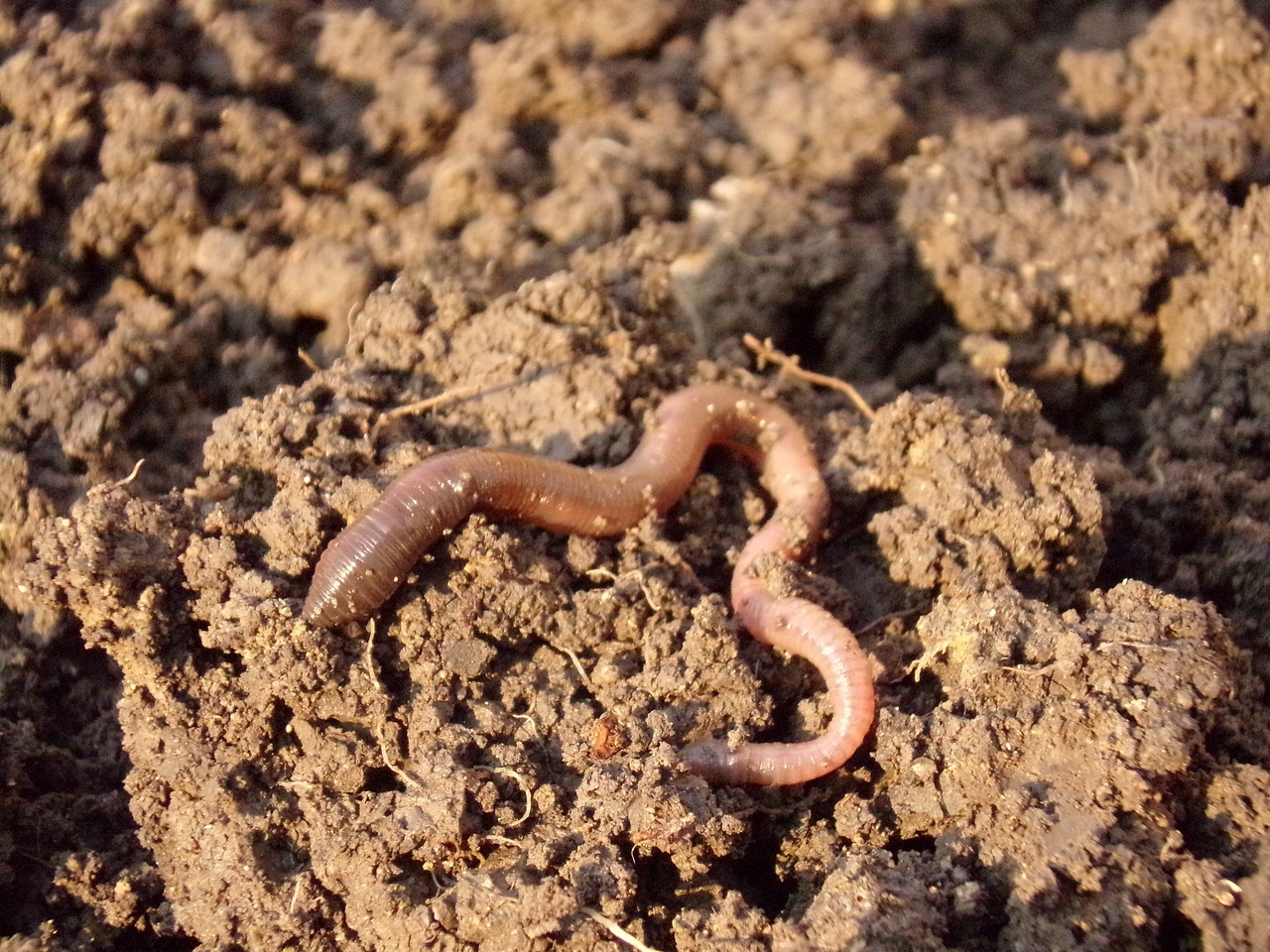Unveiling Earthworms’ Impact on Food Production
Recent research published in the journal Nature Communications by scientists from Colorado State University highlights the significant impact of earthworms on global food production. These remarkable creatures contribute to approximately 6.5% of the world’s grain yield and 2.3% of legume production each year.
A study has revealed that earthworms contribute as much to the world’s grain harvest as Russia. This amounts to 140 million tonnes of food per year, making earthworms the fourth-largest global producer if they were considered a country. In comparison, Russia produced 150 million tonnes in 2022 and expects 120 million tonnes this year.
Earthworms’ Role in Soil Health
Earthworms enhance soil health and plant growth, potentially increasing plant productivity by 25%. The research assessed earthworm abundance, soil properties, fertilization, and crop yields to determine their impact on food production.
The analysis also showed that earthworms play a more substantial role in grain production in the global south. In particular, they contribute 10% to grain yield in Sub-Saharan Africa and 8% in Latin America and the Caribbean. This greater impact is because farmers in these regions have limited access to fertilizers and pesticides. Instead, they rely more on organic matter like manure and crop residues, which boosts the positive influence of earthworms on plant growth.
The study examined the impact of earthworms on four grain crops (rice, maize, wheat, and barley) and various legumes. Steven Fonte, the study’s lead author, believes that soil biodiversity has been historically underrated and hopes this research will underscore how healthy soils can significantly benefit crop production.
Sustainable Agriculture: The Earthworm Solution
However, Fonte and his team do not advocate for transplanting earthworms to new places. Instead, they emphasize improving soil biology where earthworms are already present to enhance agriculture and reduce the use of agrochemicals. This study is a crucial first step, and Fonte hopes future research will delve into the benefits of other soil organisms on crops.







